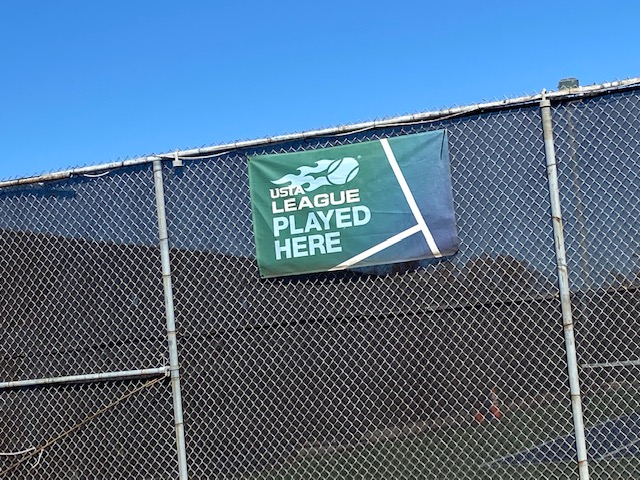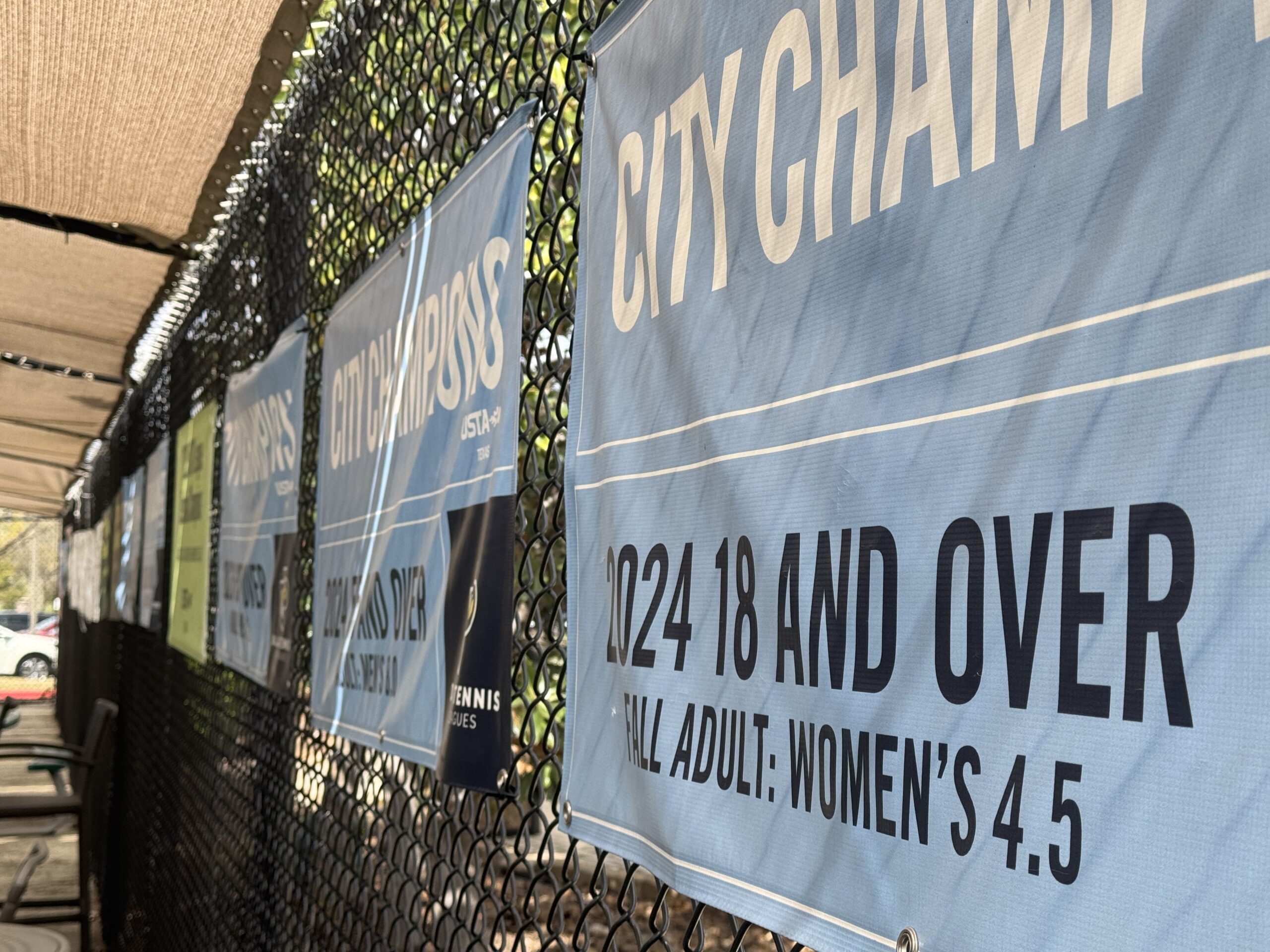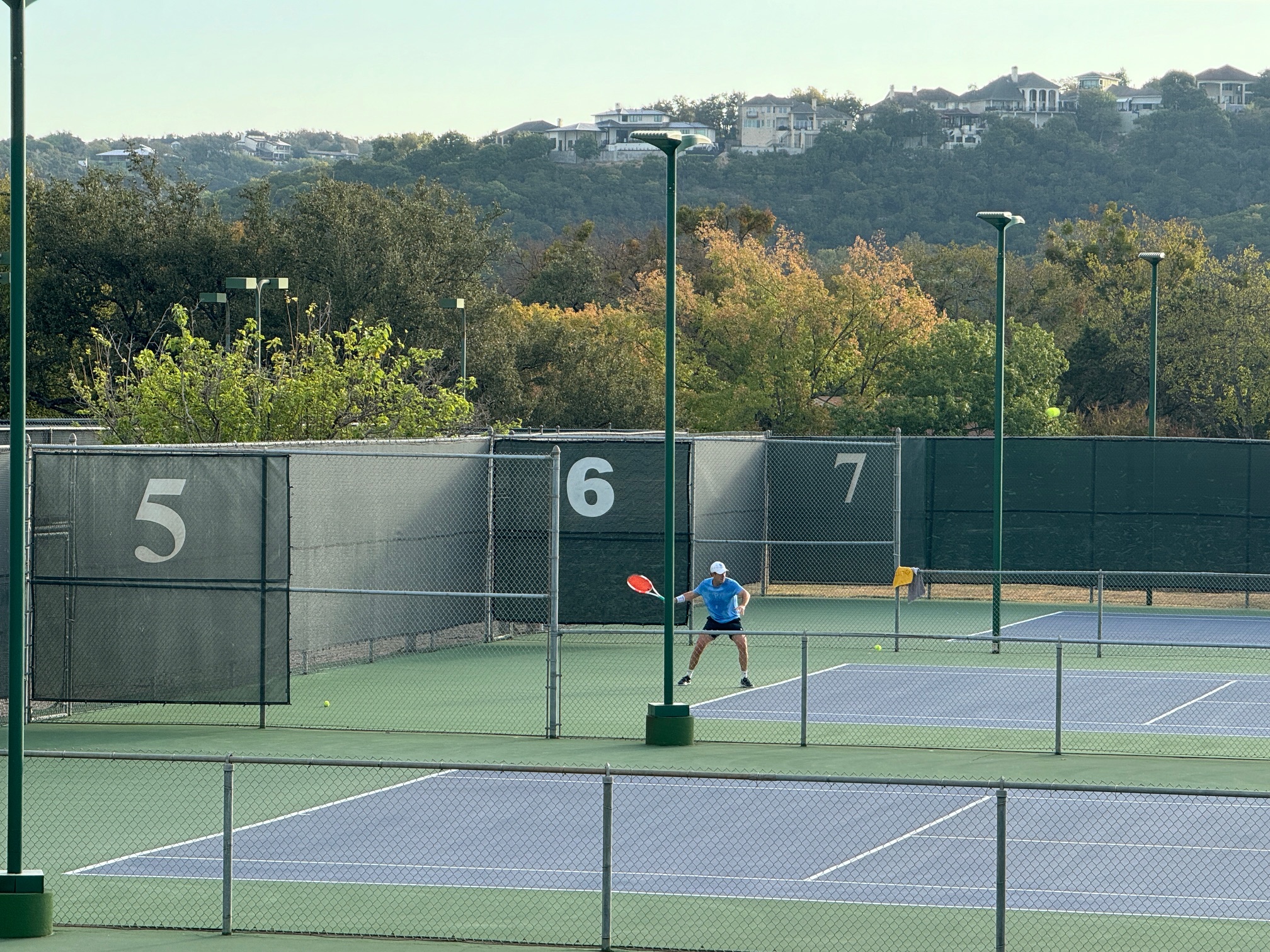The tennis serve should be one of the easiest shots in all of tennis. The server’s opponent has no influence whatsoever on the delivery of the serve. It is the only shot in tennis that is completely within the server’s control. The service motion starts with a toss of the ball.
The server shall then release the ball by hand in any direction and hit the ball with the racket before the ball hits the ground. The service motion is completed at the moment that the player’s racket hits or misses the ball.
USTA Friend at Court, ITF Rules of Tennis, Section 16
The toss is frequently the bane of serving. Problems with a player’s serve are frequently rooted in a poor toss. I know this from personal experience. It should be so simple to release the ball in such a way that it smoothly transitions into the optimal hitting zone. Unfortunately the toss in tennis can be similar to the “yips” in golf putting.
At times I have been convinced that there is technology built into the tennis ball that causes it to scud in random directions upon release from the hand. Sometimes the path of the ball defies the laws of physics as the toss is executed, traveling in a path that it should not be able to reach at all from the point of release. The service toss is an active focus of my game at the moment.
There is one more sentence to cover in rule 16.
A player who is able to use only one arm may use the racket for the release of the ball.
USTA Friend at Court, ITF Rules of Tennis, Section 16
This sentence is made necessary by the specification “by hand” in the first sentence of the rule. It is hard for me to think that someone would object to a player who only has the use of one hand executing the toss with the racquet. On further reflection, what this rule is saying is that if a player is capable of releasing the ball by hand then it is required to be done that way.
In the COVID-19 era, it might be advisable under social distancing guidelines for players who do not share a residence to avoid touching the balls when playing tennis together. That restriction was included in the recommendations when I wrote about that topic in “COVID-19 and Recreational Tennis” earlier this month.
Executing the service toss with the racquet is executed by balancing the ball on the strings of the racquet and flicking the ball upward. Sadly this does not seem to negatively impact the quality of my service tosses one bit. It is a significant challenge to transition into my service motion after executing the toss with the racquet, however. I wouldn’t want to play a match that way.
There is one more aspect of this rule to cover tomorrow before moving to the next section of the USTA Friend at Court.
- United States Tennis Association (2020) Friend at Court. White Plains, NY



